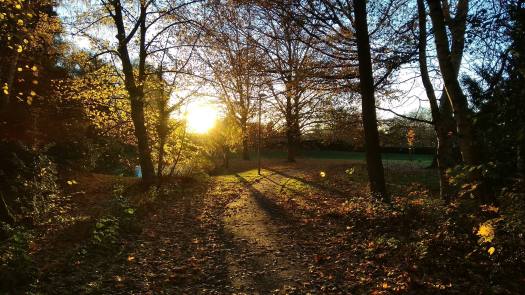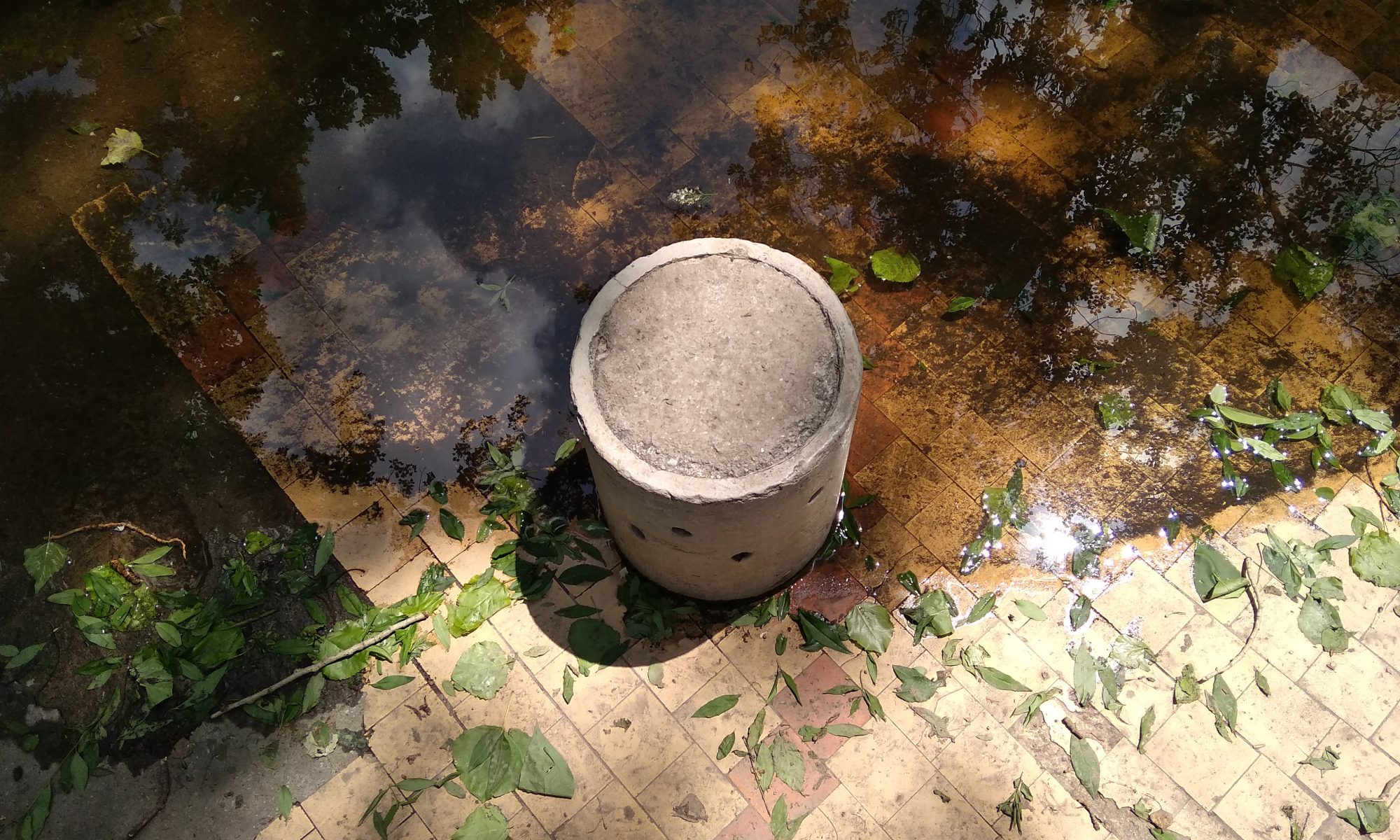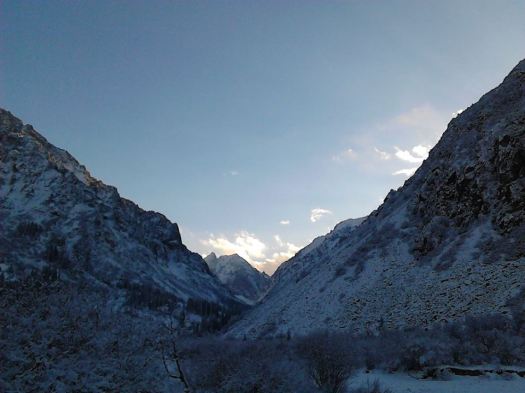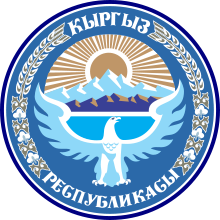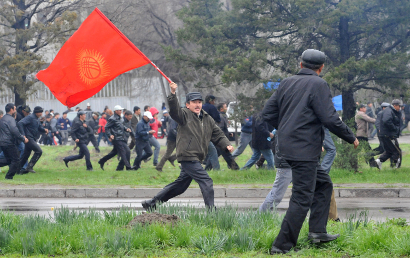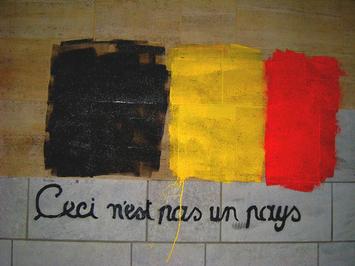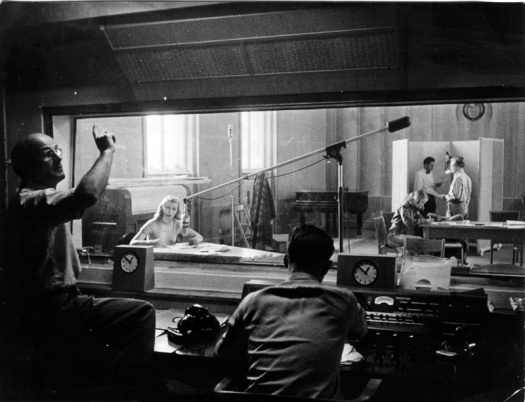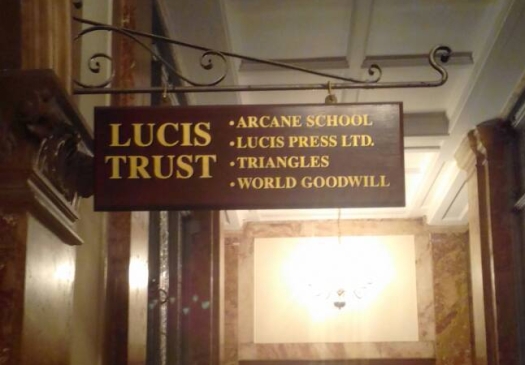
Yesterday (Saturday, 18 November) I had the great pleasure of participating in the annual World Goodwill seminar held by the Lucis Trust‘s London branch. [30.11.2017: The whole seminar can be watched by clicking here; my presentation here; the panel discussion with Dr. Andreas de Bruin and Deborah Ravetz here. | 22.11.2017: I have uploaded a PDF copy of my PowerPoint presentation here.] For those from yesterday’s audience who may be stopping by this space to read some of my previous work, especially on the issue of spirituality and journalism, two notes for you:
The first note is that, alas, I have not been able to keep this space properly updated in recent years, and perhaps to the chagrin of some of you my most recent post was on something quite worldly: an online video game! (My first Master’s degree was in history, and I have gotten involved in FreeCiv Web, an online massively multiplayer role-playing game that involves historical simulation. So it goes!)
Nonetheless, the second note is that this space does contain some of the initial reflections that ultimately led me down the path of researching “philosophy of journalism”. My thoughts on the matter have evolved quite a lot since these, but if you want to read them, click here. If you might be interested in the broader assortment of ruminations and whatnot herein, click here to go to the “Virgil” section of this space, which has more information about what you can find.
World Goodwill
For those among my readers who are unfamiliar with the Lucis Trust, it is the fiduciary trust for publishing the works of Alica Bailey. Within the broader modern-day esoteric/occultist movement, Lucis Trust historically originates in Theosophy, and alongside the Theosophical Society it serves as something of the intellectual core of the New Age, hence it is one of the old guards of an important contemporary spiritual movement. The invitation to participate came out of the blue, and considering the Lucis Trust’s status, perhaps not within the mainstream but certainly within many other walks of life, it was quite an honor.
I was one of three presenters, the others being Dr. Andreas de Bruin who researches mindfulness and meditation within the institutional context of higher education, and Deborah Ravetz, who in academic terms can be understood as an artist engaging in forms of art-based existential therapy or logotherapy. Andreas is doing interesting and rigorous academic work down in Munich and the results of his studies will soon be available via the Mind and Life Institute. Deborah is remarkably eloquent and if I had to sum up her presentation, it would be with the Baha’i Writings: each of us really needs to see things with our own eyes, hear things with our own ears.
My presentation, entitled, “Mirror of the World: The Spiritual Quest of the Journalist”, is derived from my ongoing doctoral research into the phenomenology of news-writing. The gist of my presentation is that the notion of the “Impartial Spectator”, or Objectivity generally-speaking, operates for journalists a lot like the divine does for religious believers, and indeed one can even compare the journalist’s quest as a mystical imitation of the divine. I need to do some tweaking to the PowerPoint, but I will soon make it publicly available here and on the Lucis Trust website.
In all honesty, I found the World Goodwill seminar, including the discussions with the audience, substantive not to mention uplifting, far more so than, well, two major international academic conferences I participated in this past academic year. I also felt there was more of an exchange, not only between the three of us presenting, but with the audience as well as the staff of the Lucis Trust. On the one hand, the seminar was comparable to the recent academic conferences in terms of audience size but much smaller in terms of presenters. On the other hand, I feel that there was not only a lot more sincerity and, yes, good will in the event than what one may find in academic conferences in general, but also much more intellectual rigor.
A meeting long overdue…?
I just want to close this post with this observation: for us Baha’is, the Theosophical Society actually occupies a special place in our history, as Abdu’l-Baha during his momentous travels across the West from 1910 to 1913 gave some of his most important speeches to Theosophists, the most well-known of which were to those in Paris and here in London. Both their movement and ours have evolved immensely in the century since these original encounters, but it really felt like a meeting between old friends who were out of touch for far too long.
Considering the fact that, like Abdu’l-Baha, I had come to the event from the East (He from Acre, myself from Bishkek), the archetypal nature of this meeting between old friends is… well, it’s interesting, to say the least. I am not trying to elevate myself to the level of Abdu’l-Baha of course; rather, it feels as though I had been, what? — chosen? permitted? — to engage in some kind of deep pattern, and for this I am truly grateful.
